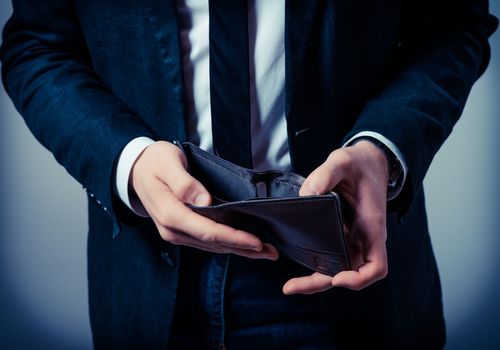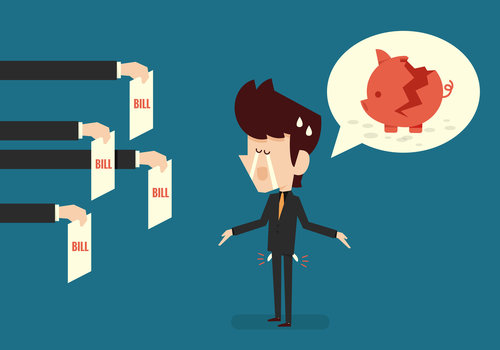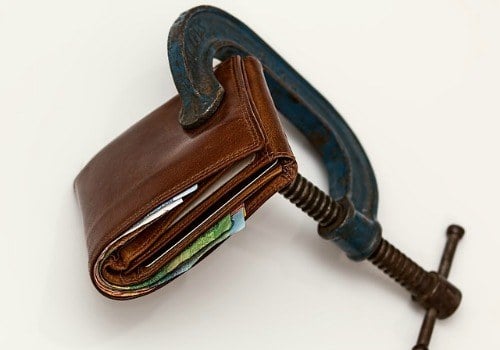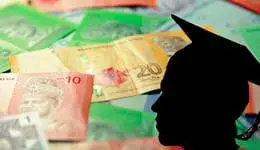Ahmad Mudhakkir
13th May 2016 - 4 min read
They call the richest among us the 1% for a reason: the majority of people don’t have tonnes of money just lying around all the time. In fact, all of us have experienced being broke at some point. But did you know there are different kinds of broke with their own causes, effects, and implications?
Broke vs Poor
Before we get into that, we think it’s important to clarify the distinction between being broke and being poor. Poor means you don’t have as much money as most other people, whereas broke means you temporarily have restricted access to cash.
Typically, being broke is the result of your own decisions, while being poor is a result of your economic environment. Everyone can be in one or both or either of these states at one time, but for this article, let’s focus on the ways you can have absolutely no money on hand.
Cash Broke

At the lowest level, it’s the most common form of being broke everybody is familiar with. It literally means having no cash in your wallet. You may have bank cards, but no access to ATMs, or just enough coins and banknotes, but not in the currency you need them in. Slight bummer, but very temporary.
At the highest level however, being cash broke can also mean having no access to any of the money in your bank. This can happen if your accounts get frozen for suspicious activity. To avoid missing commitments should this happen to you, keep petty cash handy in or around your house or car. You never know when you need some cash.
Paycheque to Paycheque
This form of broke is slightly more difficult to detect, thus making it a silent but deadly killer to your finances, if you’re not careful. Living paycheque to paycheque means you’re always looking forward to your next pay day to barely meet your commitments. This often doesn’t look like being broke, until you meet an unexpected expense or realise you can’t afford a sudden necessity.

As a rule of thumb, if you’re always counting down the days to your next pay, you may already be this kind of broke. To avoid this, have a cushion of at least several months worth of savings and invest a sizable chunk of your income for peace of mind.
Legally Bankrupt
Declaring yourself legally bankrupt is a financial move where your assets are completely cleaned out and distributed amongst your creditors to pay off your debts over a period of time. While bankrupt, you won’t be allowed to leave the country, your credit history will go down the trash up to the next 10 years, and virtually no bank will want to even look in your direction.

You have to be in absolute dire straits to fall to this level of broke and we do not wish this on anyone. If you worry about getting to this point, know that Bank Negara states that you need to owe a minimum of RM30,000 before you can be declared bankrupt. So to avoid bankruptcy, just… don’t owe the bank so much.
Now that you know the different types of being broke, you can check to see which kind you are, and work to get out of there as fast as you can! To avoid not having a safe amount of cash or funds in your account, we recommend investing your money. Fixed deposits are an easy way to get started, and our comparison tool can help you choose the best one for you!
How broke and which kind of broke are you? Share your thoughts with us in the comments section down below!








Comments (0)